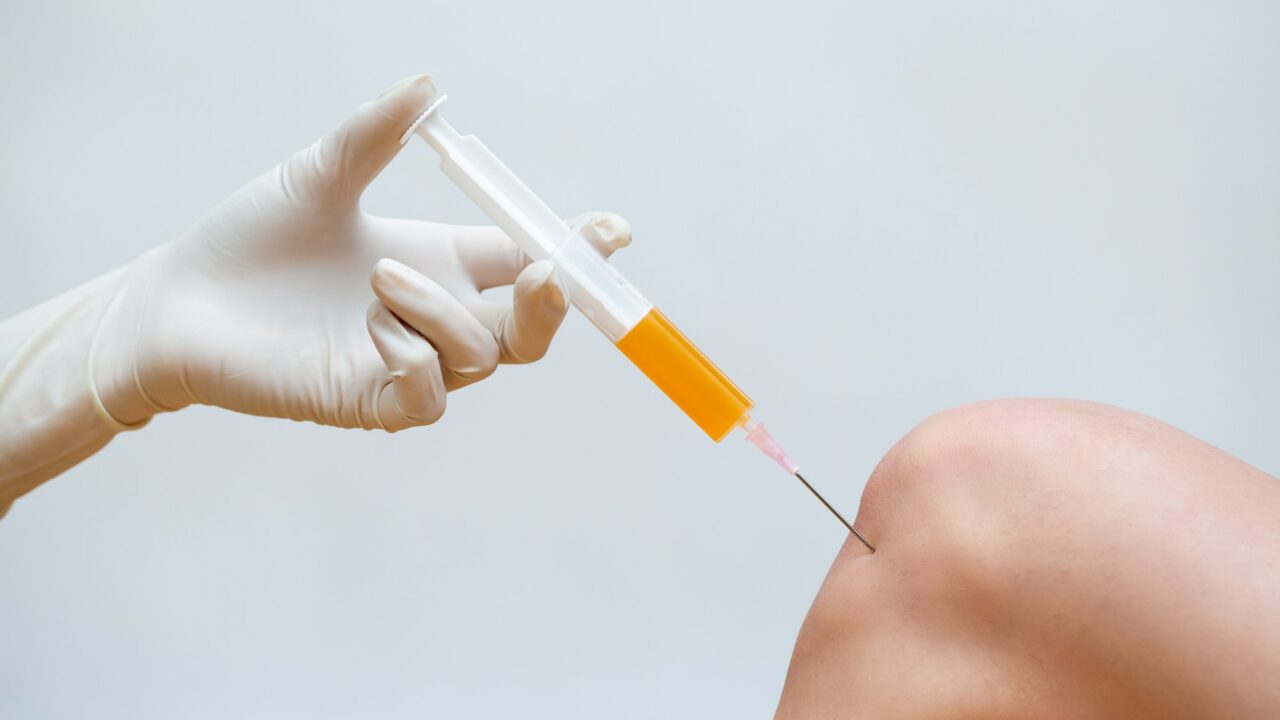Hematopoietic stem cells (HSCs) typically differentiate to replenish peripheral immune cells and undergo self-renewal to retain an adequate supply of parent cells, but the mechanisms regulating HSCs and preventing uncontrolled dysfunction are poorly understood. The STAT3 protein facilitates the maturation of immune system cells, but its role in HSCs is difficult to study because STAT3 deficiency or deletion in hematopoietic cells can induce systemic inflammation, impacting HSC activity.
To address this, researchers led by Stephanie Watowich, Ph.D., developed mixed bone marrow chimeric models with inducible STAT3 deletion in approximately 20% of the hematopoietic compartment, avoiding systemic inflammation. STAT3-deficient HSCs could not sustain hematopoiesis following transplantation and showed increased, uncontrolled activation of interferon (IFN) signaling pathways. Blocking the type I IFN receptor suppressed excessive proliferation, DNA damage, autocrine immune signaling, and p53 activation in HSCs. The study identified STAT3’s role in preserving HSC amounts by inhibiting this uncontrolled IFN response, providing insights for novel approaches to target STAT3 inhibition in diseased or defective HSCs to improve treatment response.


